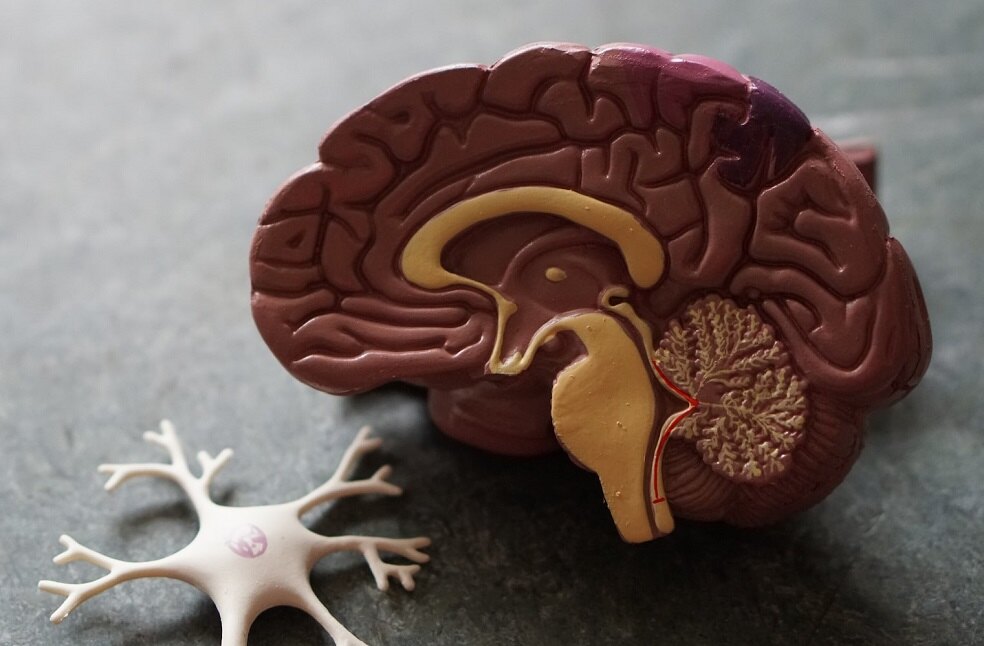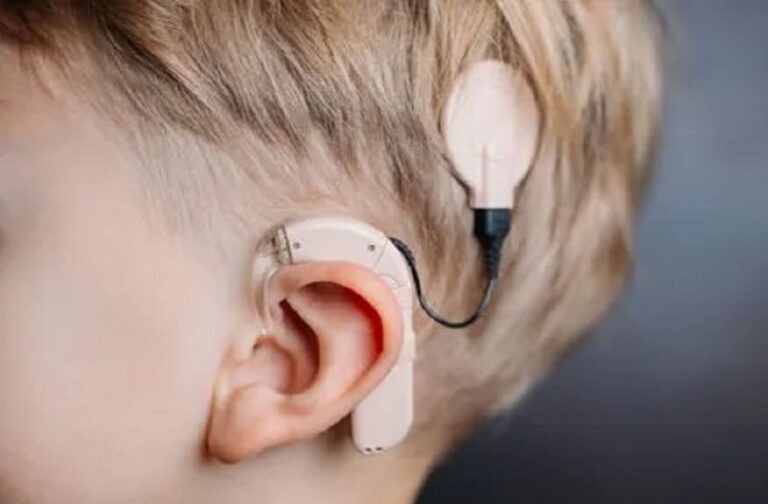Singapore: A research review of the scientific literature has found preliminary evidence that hearing aids could help keep the human brain young and fit as a person ages.
When Singaporean researchers analysed eight long studies on adults who are hard of hearing, they discovered that those who used hearing aids were 19 percent less likely to experience cognitive decline than those who did not. A further meta-analysis of 11 papers on hearing loss found that participants’ short-term cognitive test results improved by 3 percent after using hearing aids.
The results raise the possibility that hearing aids have remarkable brain benefits, but the authors point out that more research will need to be conducted using rigorous randomized trials. This isn’t the first time hearing loss has been associated with cognitive decline. In fact, along with smoking, inactivity, and obesity, hearing loss is one of the top modifiable risk factors for dementia.

Hearing aids make sounds loud and crisp for those who are hard of hearing, and perhaps that effect is restoring or restrengthening lost neural connections, as per the reports. Similar to prescription glasses, these devices must be customised to each user’s unique form of hearing loss, and there is a possibility that doing so may modify some areas of the brain.
Many interactions between people are based on sound. Additionally, the relationships between speech, language understanding, and memory are all complex. Damage to the areas of the brain associated with language processing is also closely related to dementia. Therefore, wearing hearing aids may help to maintain brain activity in particular regions, working them almost like muscles.

According to a second theory, those who have difficulty hearing listen with greater cognitive effort, which saps their ability to concentrate or recall what they are hearing. In this situation, hearing aids could lower someone’s overall cognitive burden, enhancing their ability to concentrate and remember. Yet another theory suggests that hearing loss makes social interactions harder, leading to loneliness, which seems to be a risk factor for dementia as well.
According to the statement, dementia is a leading cause of death and disability worldwide, and researchers predict cases to triple by 2050.



